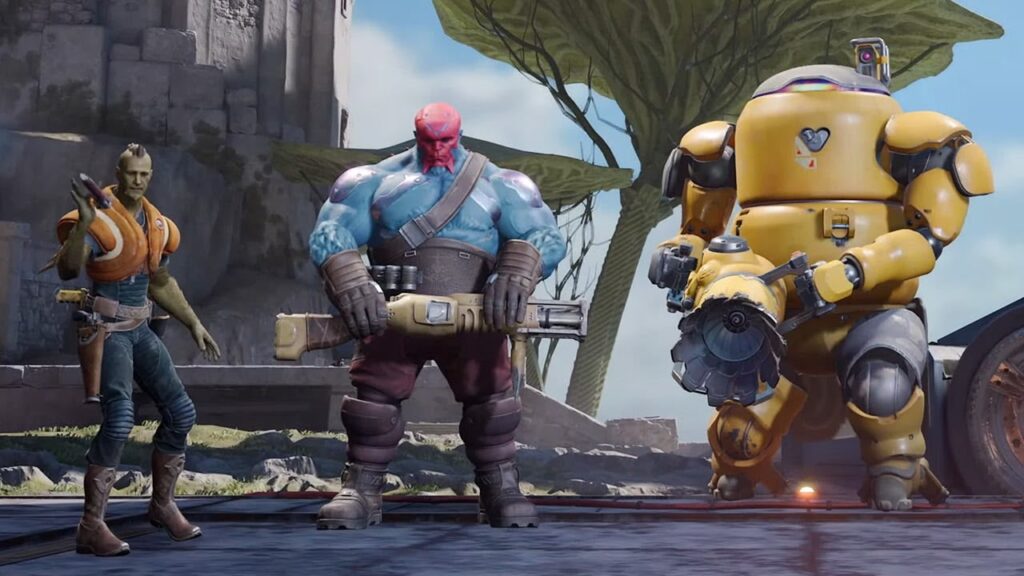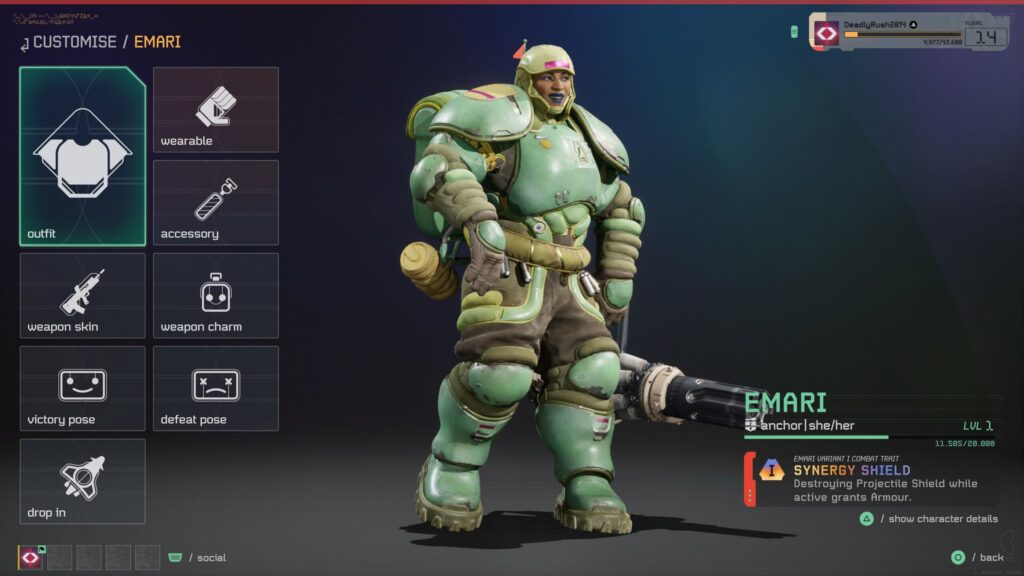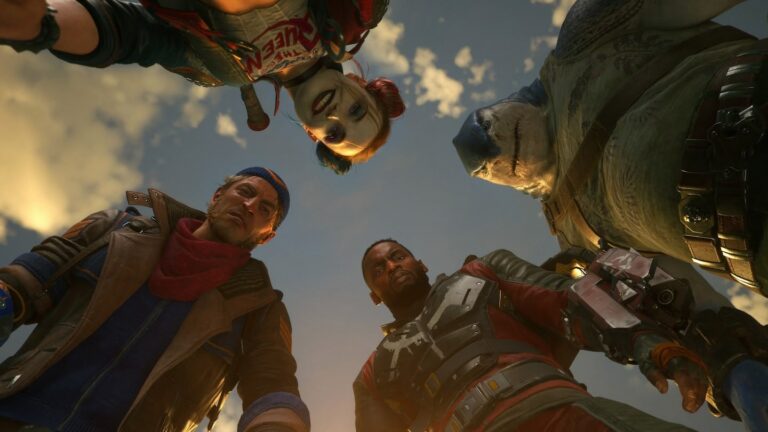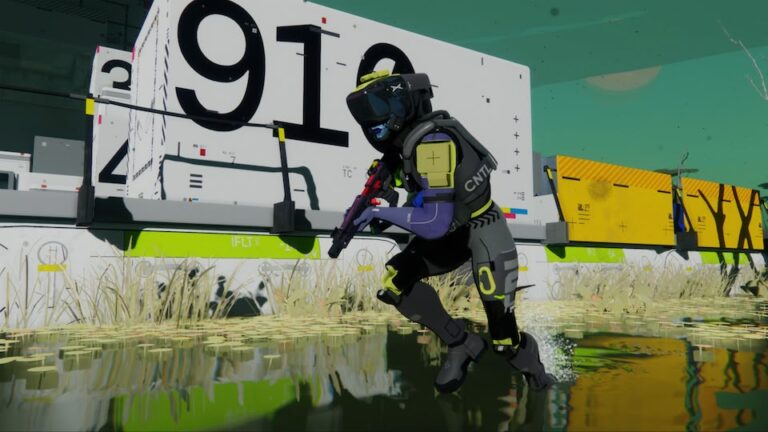When Sony acquired Firewalk Studios in 2023, it wasn’t just another developer pickup, it was a statement. Internally, Concord was heralded as ‘The Future of PlayStation,’ with ambitions reportedly on par with Star Wars! Backed by a rumoured $400 million budget and a studio purchase in the region of $100 million, expectations were sky-high.
And yet, Concord has quietly become one of the most lacklustre launches in recent memory. With a Steam peak of just 697 concurrent players, and IGN reporting a total of only 25,000 copies sold across both PlayStation and PC, it’s hard not to call it anything but a disaster.
So what went wrong? Let’s break it down.

Sony’s Ambitions and Investment
Let’s start with the basics. Sony had enough confidence in Firewalk to acquire them outright. That alone signals high expectations. Add in the astronomical rumoured development cost, even if disputed, and the internal belief that this game would become a cultural pillar of the PlayStation brand, and you start to get a picture of a company betting heavily on perceived success.
But ambition without feedback is dangerous. Multiple insiders have described a culture of ‘toxic positivity’ within the studio, a refusal to acknowledge shortcomings or negative internal feedback, which is something that has cropped up time and time again when it comes to game failures. That environment rarely produces the kind of iteration that live-service games thrive on.
Gameplay vs. Market Reality
Here’s the frustrating part: Concord wasn’t badly made. The gunplay was solid. Abilities were intuitive. It felt polished in a way that suggested real talent behind the scenes. But that polish couldn’t mask the fundamental disconnect between gameplay design and player expectations.
Movement speed, for instance, felt sluggish, a misstep in a genre where players are accustomed to tight, reactive pacing. Worse still, one of the most baffling decisions was a post-match mechanic that locked out the character you won with, forcing you to switch to someone else. In a game that requires role familiarity and mastery, this wasn’t clever balancing, it was self-sabotage.
Presentation and Design Failures
A significant chunk of the budget, one has to assume, was funnelled into Concord’s cinematic universe. Weekly animated shorts were planned to flesh out the characters and story, with incredibly high production value. But in a world where the player base barely crossed four figures, who exactly were these shorts for?
Even the characters themselves missed the mark. From the moment the beta launched, players were quick to mock the character designs. The response was overwhelmingly negative, spawning memes and backlash across social media. And yet, post-beta, no noticeable changes were made. The skin designs fared no better, mostly lazy recolours, and the few premium offerings were, frankly, forgettable. It felt like even the designers didn’t love these characters.

Market Fit and Price Point
The biggest elephant in the room: price. In 2025, launching a hero shooter at $40 is a bold move, bordering on tone-deaf. When your competition is Overwatch 2, a free-to-play juggernaut with years of content and a massive player base (despite its own issues), you need to be able to justify that price tag.
And that’s the core problem. Concord didn’t beat Overwatch 2 in gameplay. It didn’t beat it in presentation. It didn’t beat it in storytelling or community engagement. Even if it had matched it in one or two areas, it still lacked a clear unique selling point.
From a player perspective, it was easy to skip. Why invest time and money into a title that offered no obvious reason to exist?
The Fallout
What followed was predictable. Confusion. Disinterest. A muted launch with barely a whisper of excitement. The trailer had teased something closer to Guardians of the Galaxy, a narrative-driven, possibly co-op adventure. That initial curiosity evaporated the moment it revealed itself as another hero shooter.
That was the first mistake. You don’t build hype through misdirection. You set expectations and deliver on them. Concord did the opposite.
And here’s the final sting: Sony, a company known for its story-focused prestige titles, somehow missed all of this. This is the same PlayStation brand that brought us The Last of Us, Spider-Man, Ghost of Tsushima. Yet in the live-service space, it stumbled so hard it’s hard to believe no one saw it coming.
A Misunderstanding of the Genre
Concord is a cautionary tale. A well-funded, well-staffed, decently made game that never understood the space it was entering. It was marketed poorly, priced awkwardly, and designed with mechanics that alienated more than they intrigued.
Live-service games aren’t won with polish alone. They require community, iteration, excitement, and most of all, a reason to exist.
Concord never gave us one.
And for a game Sony once called the future, that’s a pretty grim past to leave behind.


